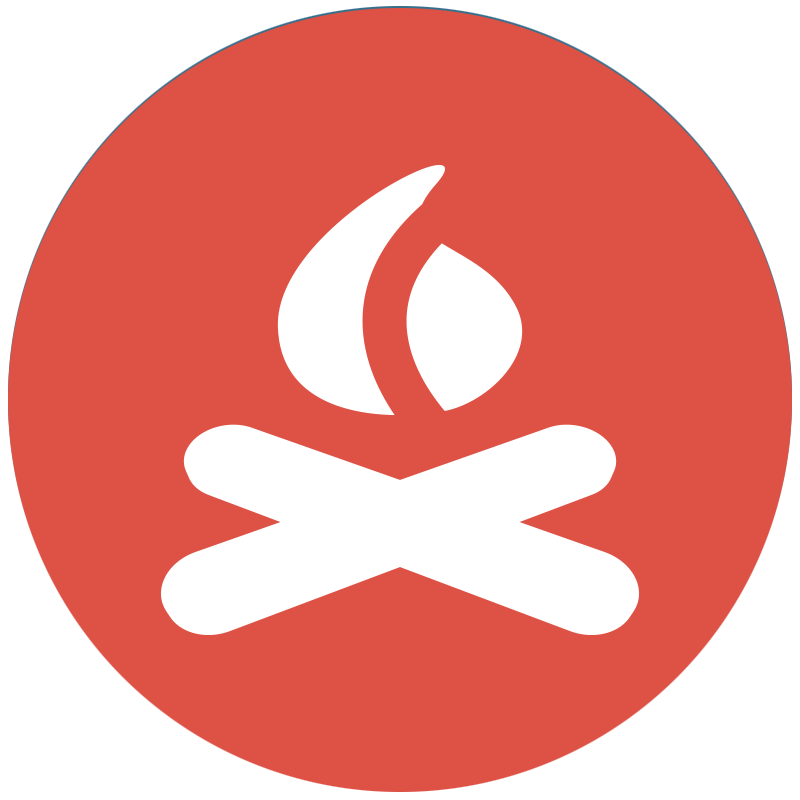Search Results
The following search criteria is in effect.
- Eligibility :: Non-Profit
- Eligibility :: Tribal Consortia
We found 2 funding programs that match your search criteria.
Lead and Healthy Homes Technical Studies Programs
US Department Of Housing And Urban Development (HUD)
About the Award:
HUD is especially interested in applications that will advance our knowledge on priority healthy homes issues by addressing important gaps in the science related to the accurate and efficient identification of hazards and the implementation of cost effective hazard mitigation This funding is split into two different programs: the Lead Technical Studies and Healthy Homes Technical Studies programs. The Lead Technical Studies program is intended to fund projects focused on improving the efficacy and cost-effectiveness of methods for evaluation and control of residential lead-based paint hazards. The Healthy Homes Technical Studies program is intended to fund projects focused on the development and evaluation of cost-effective methods of monitoring, reducing, and preventing housing-related hazards, among other objectives. HUD is especially interested in funding practical, applied research that can directly inform policies and practices to reduce the prevalence and severity of residential health and safety hazards and improve the health and well being of residents.
Example Eligible IAQ Activities:
Monitoring, Heat Source Replacement, Ventilation, Energy Efficiency, Lead Remediation
Funding Details:
- Total FY 2019 Funding: $7,000,000
- Expected Number of Awards: 11
For Lead Technical Study
- Minimum Amount: $300,000
- Maximum Amount: $700,000
For Healthy Homes Technical Study
- Minimum Amount: $300,000
- Maximum Amount: $1,000,000
Award Type:
Cooperative Agreement
Regions:
National
Program Highlights:
In 2013, Alaska Native Tribal Health Consortium was awarded $743,044 through this grant to fund indoor air quality remediations in the homes of four Alaska Native villages. This project also involved monitoring changes in air quality indicators in response to interventions. This project also administered educational materials and provided home-based education for participating residents.
Typical Application Period: 2019 Date: June - July. Varies depending on year, but usually March - April.
Notes:
These programs do not require cost sharing, matching or leveraging. The amount of LTS grant funds used for construction activities, e.g., to conduct repair or substantial rehabilitation that is necessary to conduct the proposed study, may not exceed 20% of the total HUD funds awarded.
Contact:
J.Kofi.Berko@hud.gov
last modified: 2019-09-17 07:14:20
Rural Community Development Initiative Grants (RCDI)
US Department Of Agriculture (USDA)
About the Award:
RCDI grants are awarded to qualified intermediary organizations, including nonprofits and federally recognized tribes, that will provide financial and technical assistance to recipients to develop their capacity and ability to undertake projects related to housing, community facilities, or community and economic development that will support the community. Applicants are required to match funds equal to grant rewarded, and in-kind contributions may not be used as matching funds. This grant cannot be used for direct construction or remediation.
Example Eligible IAQ Activities:
Training, Technical Assistance, Education, Energy Audit Training
Funding Details:
- Total FY 2019 Funding: $6,000,000
- Estimated Number of Awards: 34
- Minimum Grant: $50,000
- Maximum Grant: $250,000
Award Type:
Grant
Contaminants covered:
Regions:
National
Typical Application Period: Application dates announced upon release of NOSA via Federal Register. For 2019, Applications accepted from March to June, though application periods vary year to year.
Contact:
Dependent on Region - Contact your local Rural Development Office
last modified: 2019-09-09 12:06:16
Welcome in to the Beta Test Site!
We encourage you to explore, try out the search tools and give us feedback on your experience.
Because we are still adding finishing touches, please do not yet share this within your networks. Thank you for being one of our testers – we appreciate your feedback!
The Tribal Healthy Homes Network
Lead and Healthy Homes Technical Studies Programs
US Department Of Housing And Urban Development (HUD)
About the Award:
HUD is especially interested in applications that will advance our knowledge on priority healthy homes issues by addressing important gaps in the science related to the accurate and efficient identification of hazards and the implementation of cost effective hazard mitigation This funding is split into two different programs: the Lead Technical Studies and Healthy Homes Technical Studies programs. The Lead Technical Studies program is intended to fund projects focused on improving the efficacy and cost-effectiveness of methods for evaluation and control of residential lead-based paint hazards. The Healthy Homes Technical Studies program is intended to fund projects focused on the development and evaluation of cost-effective methods of monitoring, reducing, and preventing housing-related hazards, among other objectives. HUD is especially interested in funding practical, applied research that can directly inform policies and practices to reduce the prevalence and severity of residential health and safety hazards and improve the health and well being of residents.
Example Eligible IAQ Activities:
Monitoring, Heat Source Replacement, Ventilation, Energy Efficiency, Lead Remediation
Funding Details:
- Total FY 2019 Funding: $7,000,000
- Expected Number of Awards: 11
For Lead Technical Study
- Minimum Amount: $300,000
- Maximum Amount: $700,000
For Healthy Homes Technical Study
- Minimum Amount: $300,000
- Maximum Amount: $1,000,000
Cooperative Agreement
National
Program Highlights:
In 2013, Alaska Native Tribal Health Consortium was awarded $743,044 through this grant to fund indoor air quality remediations in the homes of four Alaska Native villages. This project also involved monitoring changes in air quality indicators in response to interventions. This project also administered educational materials and provided home-based education for participating residents.
Typical Application Period: 2019 Date: June - July. Varies depending on year, but usually March - April.
Notes:
These programs do not require cost sharing, matching or leveraging. The amount of LTS grant funds used for construction activities, e.g., to conduct repair or substantial rehabilitation that is necessary to conduct the proposed study, may not exceed 20% of the total HUD funds awarded.
Contact:
J.Kofi.Berko@hud.gov
Rural Community Development Initiative Grants (RCDI)
US Department Of Agriculture (USDA)
About the Award:
RCDI grants are awarded to qualified intermediary organizations, including nonprofits and federally recognized tribes, that will provide financial and technical assistance to recipients to develop their capacity and ability to undertake projects related to housing, community facilities, or community and economic development that will support the community. Applicants are required to match funds equal to grant rewarded, and in-kind contributions may not be used as matching funds. This grant cannot be used for direct construction or remediation.
Example Eligible IAQ Activities:
Training, Technical Assistance, Education, Energy Audit Training
Funding Details:
- Total FY 2019 Funding: $6,000,000
- Estimated Number of Awards: 34
- Minimum Grant: $50,000
- Maximum Grant: $250,000
Grant
National
Typical Application Period: Application dates announced upon release of NOSA via Federal Register. For 2019, Applications accepted from March to June, though application periods vary year to year.
Contact:
Dependent on Region - Contact your local Rural Development Office
Welcome in to the Beta Test Site!
We encourage you to explore, try out the search tools and give us feedback on your experience.
Because we are still adding finishing touches, please do not yet share this within your networks. Thank you for being one of our testers – we appreciate your feedback!
The Tribal Healthy Homes Network




